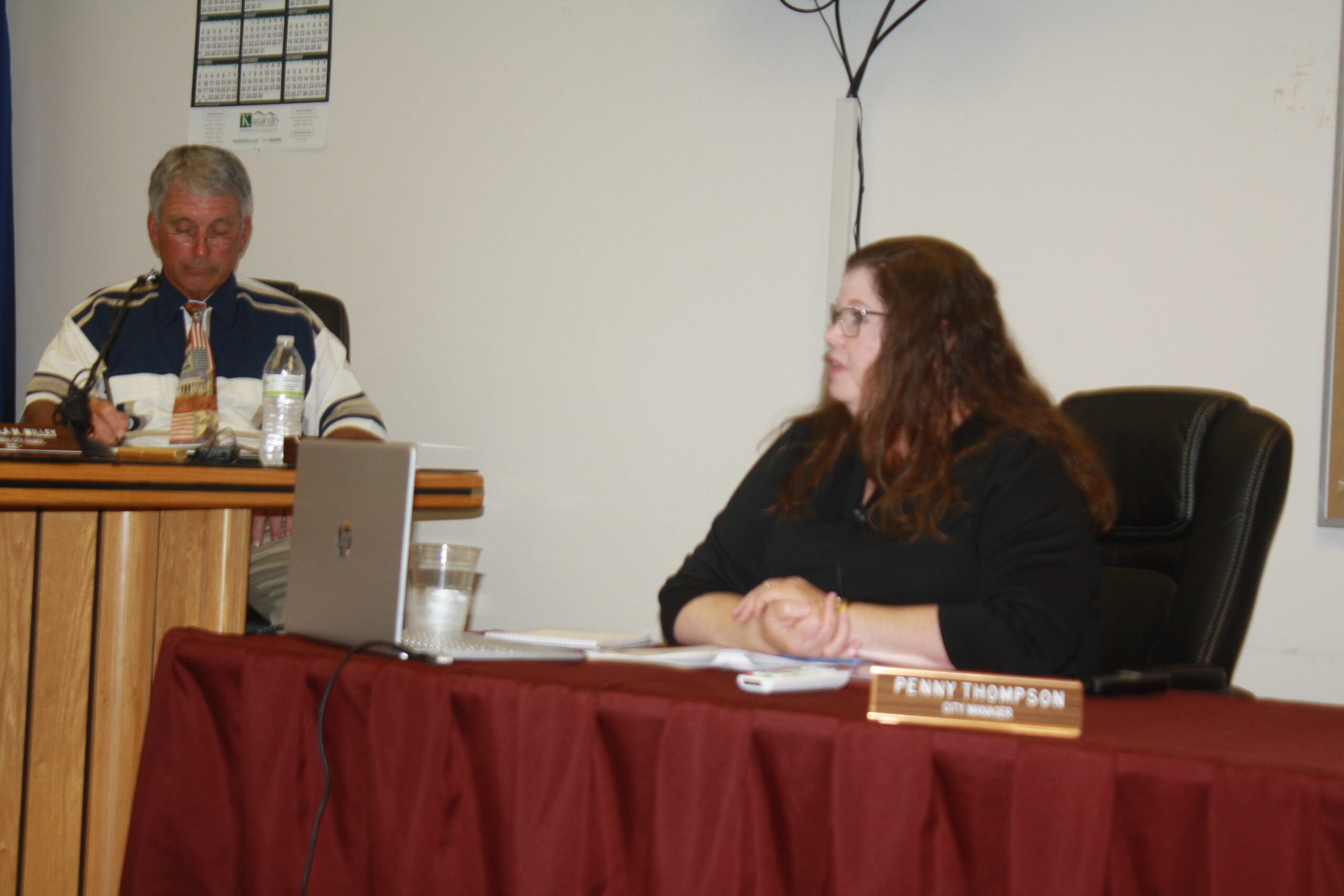
CARIBOU, Maine — For the fifth time in six years, Caribou will break the June 30 budget deadline set in the city charter. The delay has come about because of state changes in tax exemption reimbursement and real estate assessing services the city is doing through a contracted assessor.
In March, Caribou city councilors approved the hiring of Pittsfield-based Steven Joseph Salley as a part-time real estate tax assessor to serve during the 2022 tax collection season.
After former tax assessor Penny Thompson assumed the role of city manager last fall, the city was unsuccessful in hiring another staff member for a deputy tax assessor position, thus bringing about the need for contracted services.
During the Monday, June 27, council meeting, Salley updated city officials on his completed work and said he expected to finish in July.
Salley began working for Caribou in early April and has since completed between 400 and 500 deed transfers. He is completing fieldwork in Caribou and calculating state tax exemptions, including the Homestead Exemption, which gives residential homeowners up to $25,000 in the value of their home. Those calculations are one reason why the city cannot yet know next year’s mill rate, Salley said.
Another reason comes from necessary Homestead Exemption calculation updates on the city’s tax assessing software.
“The [Maine] Legislature recently increased their municipality reimbursement rate for the Homestead Exemption from 70 percent to 73 percent, but our software doesn’t reflect that,” Salley said. “So even if we were ready to commit the taxes tonight, we couldn’t.”
City Manager Penny Thompson said that although the city’s charter sets the deadline for the tax rate vote to June 30, various circumstances in recent years have forced the city to wait until they can provide an accurate tax base calculation.
Last year, councilors voted to break the deadline while waiting to hear if RSU 39 would use additional state funds to lower their tax contribution. In 2020, the pandemic delayed city elections on the school budget, thus delaying the council’s decision on the mill rate.
While all tax-related calculations affect the overall mill rate, the city, school district and county budgets have the most impact, Thompson said.
Councilors have approved the city’s expense, capital and revenue budgets for 2022, which total $10.4 million, $1.9 million and $10.6 million, respectively. Those totals compare with last year’s expense budget of $9.6 million, capital improvement budget of $1.5 million and revenues of $10.9 million.
Earlier this year, councilors had expressed concerns about a potential mill rate of 26.14, which would be an 11 percent increase over last year’s rate of 23.55. But rising energy costs meant that reductions to city department budgets did little to offset the budgets’ potential impact on the mill rate.
Thompson hesitated to give a projected mill rate for 2022, citing the real estate and business property tax assessments that still need calculating. She said that completing those calculations will give the city a more accurate picture of Caribou’s tax base.
Councilors may still decide to reduce budget expenses if they feel that the final calculated mill rate is too high for taxpayers, Thompson noted.
She expects that the council will vote on the mill rate during its next regular meeting at 6 p.m. on Monday, July 25, at the Caribou Municipal Building, 25 High St.







